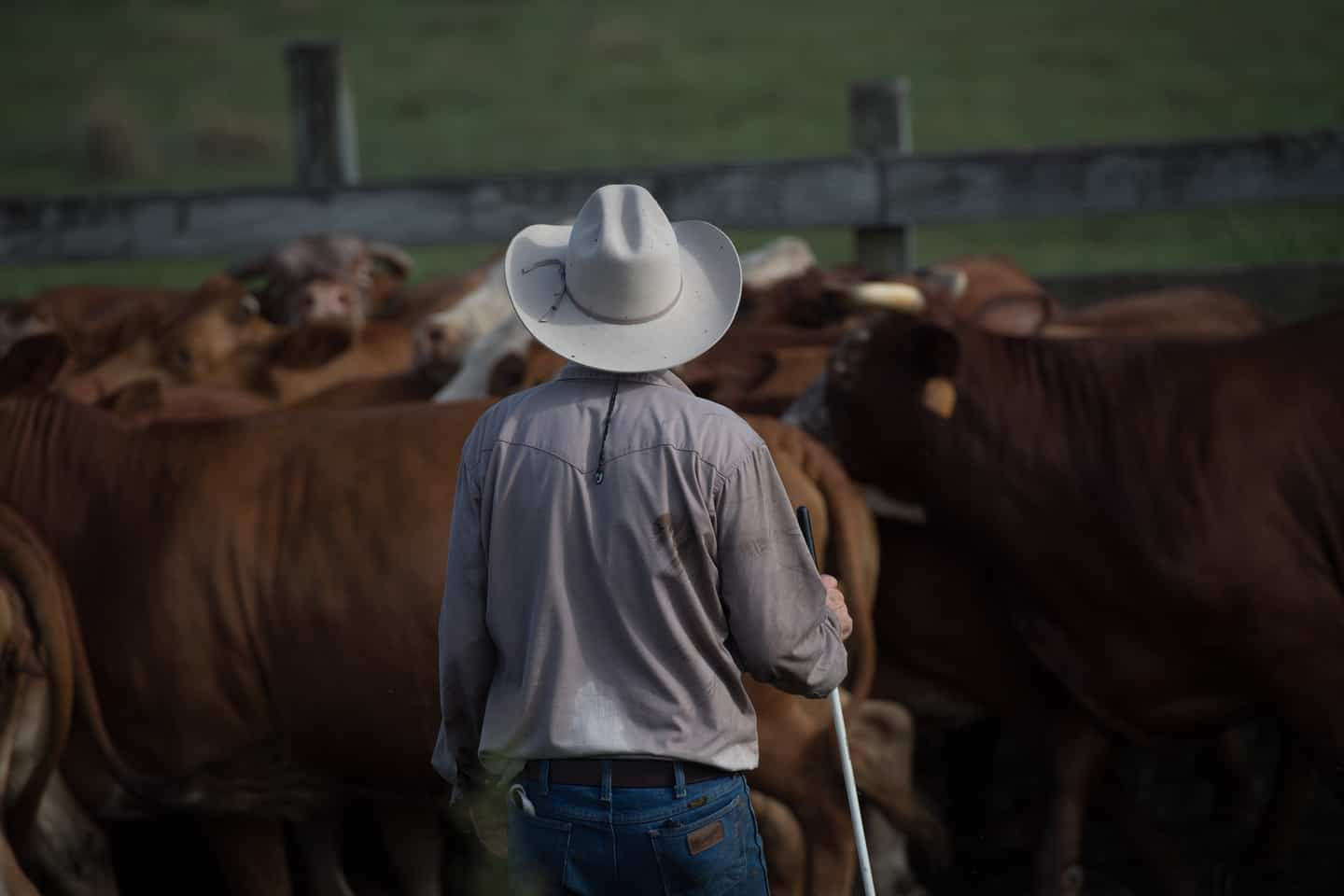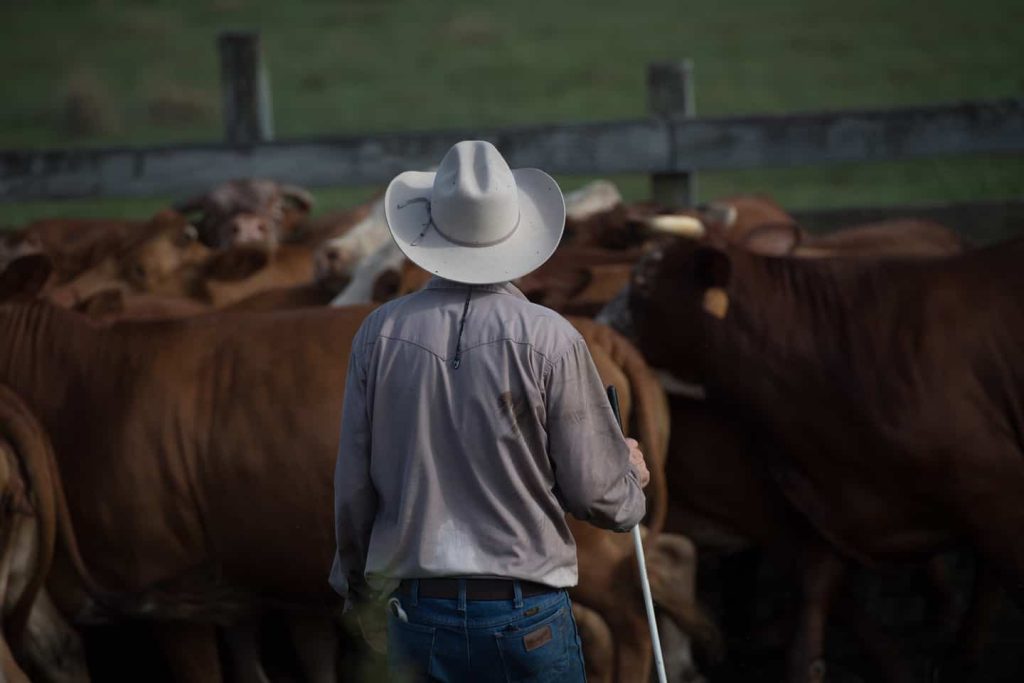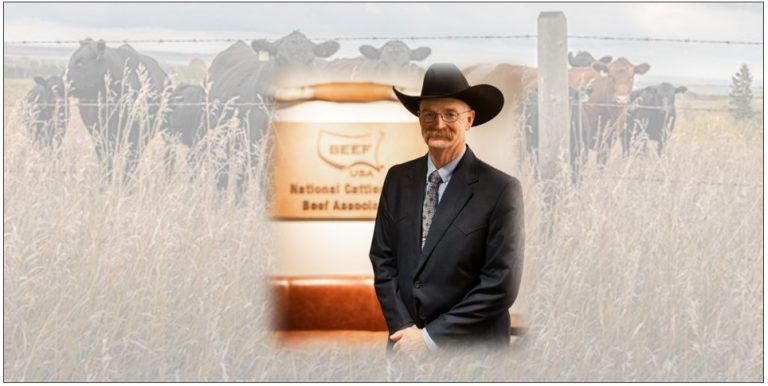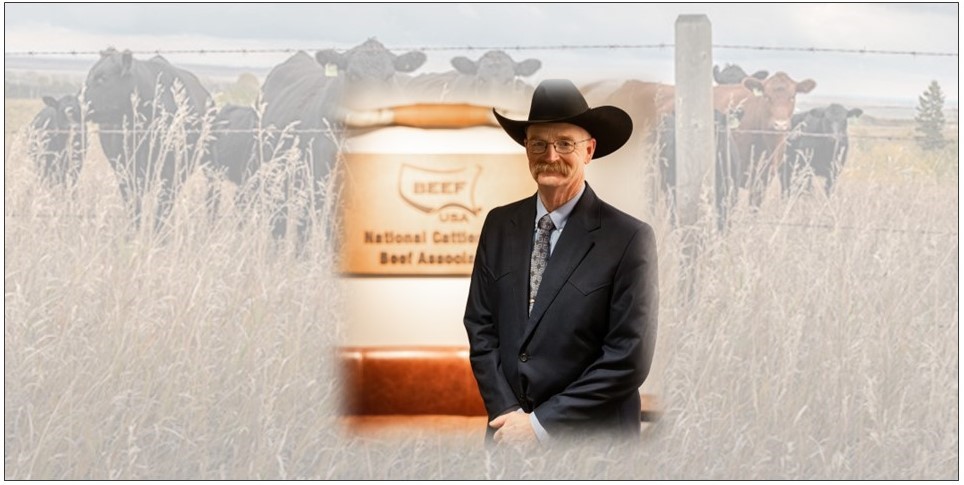WASHINGTON, D.C. – Over the past three years, producers from ranch country have been testifying to Congress about their experiences and fears when dealing with meat packers in the U.S. “Discrimination, retaliation, and deception against producers and growers has no place in modern livestock and poultry markets,” said Secretary of Agriculture Tom Vilsack, while listening to many of these stories.
The Biden Administration is closer to legally addressing those concerns with the announcement of the finalization of Inclusive Competition and Market Integrity Under the Packers and Stockyards Act. The final rule will be effective 60 days following publication in the Federal Register. The final rule – also called the Inclusive Competition Rule – establishes clearer, more effective standards under the Packers and Stockyards (P&S) Act for prohibited practices relating to discrimination, retaliation and deception in contracting. This will help producers and growers that have suffered from increasingly consolidated markets over the last 30 years by enhancing market integrity and ensuring fair access to economic opportunities.
According to Vilsack, the Biden-Harris Administration is making significant progress in tackling the abuses that have left producers and growers excluded from economic opportunities and fair and equal access to the marketplace. “This rule establishes clearer, more effective standards to govern the modern marketplace, and they are another example of how USDA is focused on building new, fairer, more resilient and more competitive markets for our farmers, ranchers, and producers.”
USDA is finalizing a series of rules under the Packers and Stockyards Act as part of President Biden’s historic Executive Order on Promoting Competition in America’s Economy, a key pillar of ‘Bidenomics.’ These rules complement a series of other all-encompassing actions by USDA to increase competition in agricultural markets, create a fairer playing field for small- and mid-size farmers, lower grocery costs for consumers, and strengthen local and regional food systems.
 Biden, Garland, Vilsack Meet With Ranchers With Plans To Introduce Industry Change
Biden, Garland, Vilsack Meet With Ranchers With Plans To Introduce Industry Change
More Packers & Stockyards Act Changes, Challenges
Bill Would Provide Packers & Stockyards Special Investigator With Subpoena And Prosecutorial Power
Actions include enhancing independent meat and poultry and other diversified food processing capacity, expanding domestic, innovative fertilizer production, creating a fairer market for seeds and other agriculture inputs, investing in State Attorney General enforcement capacity and supporting more robust and resilient supply chains. These investments will create better economic opportunities, which will result in more affordable prices and choices for consumers at the grocery store, in addition to more opportunities and revenue for producers.
“The Packers & Stockyards Act stands for the basic proposition that livestock producers and poultry growers should be able to compete, cooperate, communicate, and more without fear of retaliation, and should never be subject to discrimination because of who they are or deceptive in their contracting,” said USDA’s Senior Advisor for Fair and Competitive Markets Andy Green. “To deliver the best products and the most competitive prices, we need competitive markets and markets with integrity. That’s what this final rule is designed to deliver.”
National Farmers Union President Rob Larew said, “This announcement is the culmination of years of work from NFU and supporters of equitable livestock markets.” The final rule comes on the heels of a successful effort by NFU and allied organizations to keep a harmful policy rider out of the FY 2024 appropriations agreement. Such a rider would have thrown out existing rules, prevented future rulemakings and blocked USDA from making similar progress on the Packers and Stockyards Act, according to NFU.
The National Cattlemen’s Beef Association responded to USDA’s final Packers and Stockyards rule. “While we still have concerns about the unintended consequences of the rule, we are pleased that USDA has addressed most of our significant concerns between the proposed and final rules,” said NCBA Vice President of Government Affairs Ethan Lane, adding, “NCBA’s concern with the regulation has always been based on the rule’s unforeseen impacts on standard business practices.”
The Western Organization of Resource Councils (WORC) members were also pleased to see the news of the Packers and Stockyards Act final rule on Tuesday.
Gilles Stockton, a rancher from Grass Range, MT, and leader in the WORC Livestock Competition Campaign Team said the rules will protect livestock producers from deception and discrimination in the marketplace. “The packer cartel is so fearful that they will have to treat producers honestly, they are lobbying unscrupulous members of Congress to defund Packers and Stockyards enforcement. That tells us that these proposed rules are on the right track.”
However, Julie Anna Potts, President and CEO of the Meat Institute, argues the final rule does nothing to change competition. Potts says, “These changes are simply an attempt to assert even more federal authority to regulate the equities of industry business practices, clogging the federal courts with every contract dispute.” She claims that Congress never intended to give USDA such broad-ranging authority over meat industry contracts and practices, regardless of their effect on competition. The Meat Institute previously submitted comments to USDA outlining legal precedent and congressional intent regarding the rule.
- Prohibits retaliation against producers and growers for their engaging in certain protected activities: lawful communications or refusals to communicate, assertion of contractual and Packers & Stockyards Act rights, participation in associations and cooperatives, exploring or entering into a business relationship with a competing packer/swine contractor/live poultry dealer, and certain other protected activities.
- Prohibits employing false or misleading statements or omissions of material information in contract formation, performance, and termination; and prohibits regulated entities from providing false or misleading representations regarding refusal to contract.
- Prohibits the adverse treatment of livestock producers and poultry growers based on race, color, religion, national origin, sex (including pregnancy, sexual orientation, and gender identity), disability, marital status, or age. It also prohibits discrimination against a livestock and poultry producer cooperative.
- Supports USDA monitoring, evaluation, and enforcement of compliance with aspects of this rule through certain recordkeeping requirements.
This rule is part of a suite of Packers and Stockyards Act rules proposed by USDA to enhance transparency, stop discrimination, and support market fairness in a range of circumstances. The final rule will be published in the Federal Register. More information on the final rule is available on the Agricultural Marketing Service’s Inclusive Competition Rule website.













